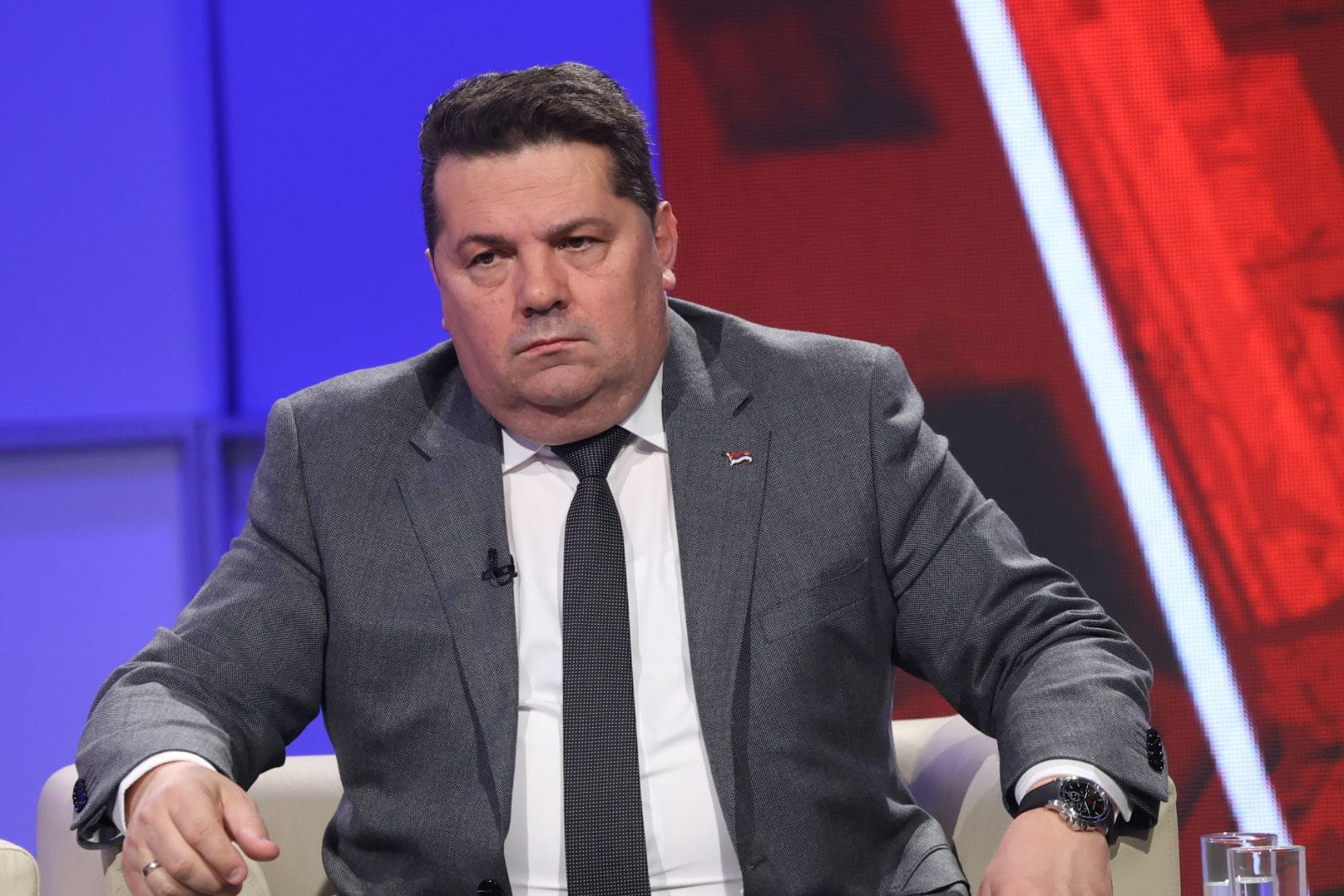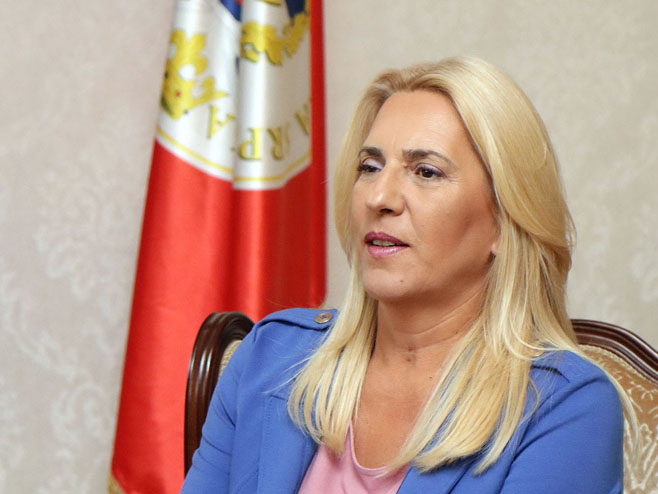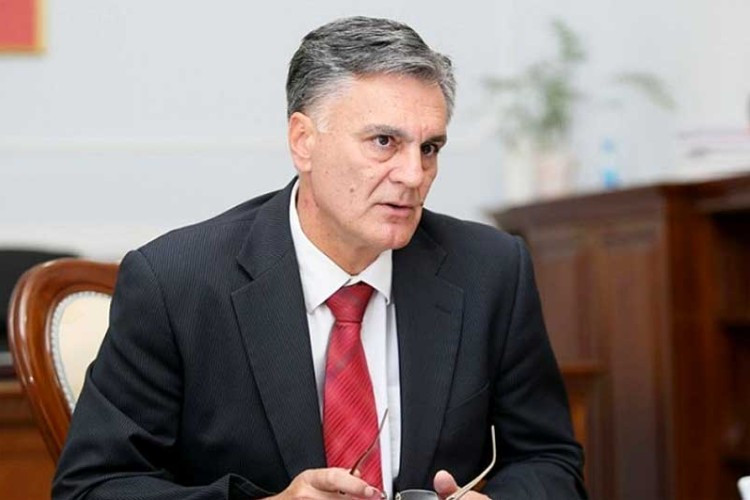Simple bartering, or the exchange of goods facilitated by a platform supported by artificial intelligence, could address the challenges posed by Western sanctions.
This is the view of Neven Đenadija, an external associate of the Center for Socio-Political Research of Republika Srpska and a doctoral candidate at the prestigious Moscow State Institute of International Relations. Đenadija recently presented this idea at the international scientific symposium “Creating the Future” in Moscow. According to him, this platform could assist sanctioned states facing a blockade of SWIFT code usage, such as Russia and Iran, as well as countries aiming to eliminate the U.S. dollar from their trade.
“Glas”: How would this platform function?
Đenadija: It would handle the mathematical calculations of offers made by companies in countries opting for this mode of trade. I believe BRICS would be ideal for practically testing this idea or platform. It would rest on four pillars. The first pillar involves artificial intelligence, which would perform all the mathematical calculations. The second is the so-called Data Center, established in all participating countries. These centers would collect data about companies, detailing what they can export and what they need to import. Once verified, this data would enter the main system, where artificial intelligence would match offers of similar value, creating proposals for the exchange of goods.
“Glas”: So, this is a form of modern bartering?
Đenadija: Exactly. When it comes to technology, we often look only forward and neglect the past. My idea is to bring back a form of bartering, but with the help of artificial intelligence.
“Glas”: How would this look in practice?
Đenadija: Let’s say a Russian company wants to export oil of a certain value, while another company, for instance, needs steel. Simultaneously, in India, there might be companies exporting steel and others needing oil. The trade exchange would occur between them, and their barter agreements would be deposited in the central BRICS bank. I envisioned that the Russian company importing steel would pay the one exporting oil. Similarly, the Indian company exporting steel would be paid by the one importing oil. Some have asked what happens when the value of exports doesn’t match imports. In that case, another pillar comes into play—settlement banks.
“Glas”: What role would these banks play?
Đenadija: These banks would receive payments from local companies for the value of imported goods. Conversely, they would pay local companies exporting goods to other BRICS members. Additionally, these settlement banks would function as branches of the central BRICS bank, guaranteeing trade transactions. This institution would issue a gold-backed digital currency, ensuring stability and security for trade agreements.
“Glas”: How was this innovation received at the symposium?
Đenadija: Shortly after my presentation, the event moderator, Professor Elena Sidorenko of the Moscow State Institute of International Relations, approached me to congratulate me. She was enthusiastic about the idea and pledged her support for my future work. Russian media widely reported on my presentation, and it even caught the attention of an economics professor from India.
“Glas”: What motivated you to develop such a platform?
Đenadija: Late last year, I completed my master’s thesis at the Faculty of Political Science in Banja Luka. My mentor was Professor Nina Sajić, and the commission was chaired by Professor Željko Budimir. The thesis, titled “Economic Relations Between the U.S. and China,” earned me top marks. Later, I heard about this symposium in Moscow, titled “Creating the Future.” It inspired me to expand on my thesis by exploring ways for certain countries to counteract imposed Western sanctions. As our old saying goes, “Water always finds its way.” And that’s how this idea began.
“Glas”: You spent several days in Russia, specifically in Moscow. Did you have the opportunity to observe how ordinary people live?
Đenadija: From what I could see, the impact of the many sanctions is almost invisible. Just look at the cars they drive. Nobody talks about sanctions. There’s no trace of the Western narrative that Russia is allegedly on the brink of collapse. Stores are well-stocked, and life is normal and relaxed. Everything is available, though the stores predominantly carry domestic products.
“Glas”: What about prices in the stores?
Đenadija: Prices are roughly similar to those in our region, perhaps slightly higher. However, when it comes to utility costs, Russians are in a much better position. For example, the price of fuel is around 60 euro cents per liter. Considering this, it’s easy to conclude that Russians currently enjoy a good standard of living.
Indifference
“Glas”: How was Donald Trump’s victory received in Russia?
Đenadija: The people I spoke to said they were pleased with Trump’s victory. On the other hand, Russian officials and media expressed indifference. The prevailing view is that whoever leads the U.S. will not adopt a friendly stance toward Russia. Expectations of Trump are modest.
Source: Glas Srpske









